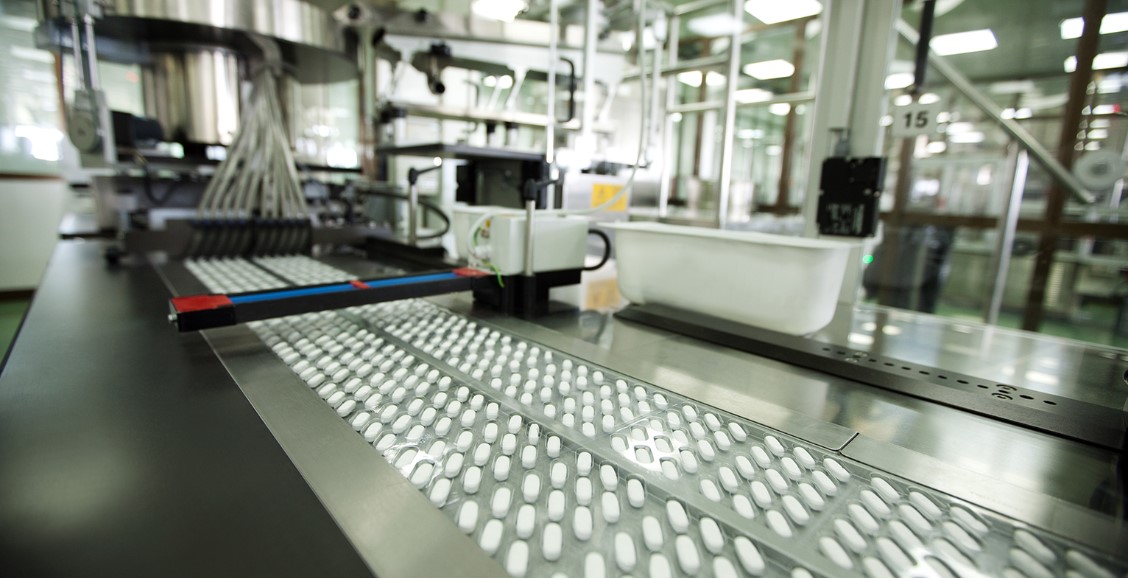
Dietary products that include vitamins, minerals, herbs, amino acids, enzymes, and other nutrients are known as nutritional supplements. They are available in various shapes, including bars, liquids, tablets, powders, and capsules. They are frequently advertised to improve general health and wellness or to address particular nutritional deficiencies.
The production of dietary supplements necessitates a careful balancing act between scientific understanding, legal compliance, and customer focus to ensure that products are secure, efficient, and meet consumer expectations. The process for making dietary supplements can vary depending on the precise product being produced. However, let’s look at the fundamental steps:
Ingredient sourcing
Finding raw materials, including vitamins, minerals, herbs, and other organic compounds, is the initial stage in producing nutritional supplements. These substances, which may come from many providers, must be of the highest caliber and purity.
Testing
Following sourcing, a supplement manufacturer thoroughly tests the raw materials to ensure they are pure, potent, and meet their requirements. Microbiological analysis, spectroscopy, and chromatography are a few examples of testing techniques.
Formulation
Numerous dietary supplements have complicated mixtures of chemicals, including vitamins, minerals, plants, and other organic materials. These elements need to come from various sources and have varied qualities that call for particular handling or processing techniques.
Formulating a product involves mixing the basic ingredients in the correct ratios. This could entail encapsulating, compressing tablets, blending liquids, or mixing powders and powders.
Manufacturing
Following the preparation of the formulation, the product is made utilizing various procedures, including mixing, milling, granulating, and drying. The FDA’s Good Production Practices (GMPs) are required for the production process to maintain the product’s high quality and purity.
Quality control
Dietary supplement buyers frequently have high standards for the reliability and effectiveness of their goods. This implies that producers must adhere to laws, guarantee the quality of their products, and satisfy consumers’ demands for openness, sustainability, and moral sourcing.
A production quality control checklist is followed throughout the manufacturing process to ensure the product complies with all manufacturer specifications and legal requirements. Testing the product for purity, potency, and identification may fall under this category.
Packaging and labeling
Dietary Supplement Health and Education Act (DSHEA) establishes standards for labeling, manufacturing procedures, and safety and is the legal framework within which the FDA regulates dietary supplements. Manufacturers must abide by these laws to ensure their products are reliable, efficient, and labeled.
The product is packed and labeled per FDA guidelines following production and testing. The name of the product, serving size, ingredient list, and any health claims made must all be included on the label.
Storage and distribution
The final steps include storing and distributing the finished product to retailers or end users directly. Strict environmental control is necessary to maintain the product’s potency and stability during storage.
Conclusion
Manufacturers must carefully balance their use of scientific knowledge, regulatory compliance, and customer attention to provide safe dietary supplements for consumers while also meeting their expectations. The final output must be secure, efficient, and of the highest caliber.


